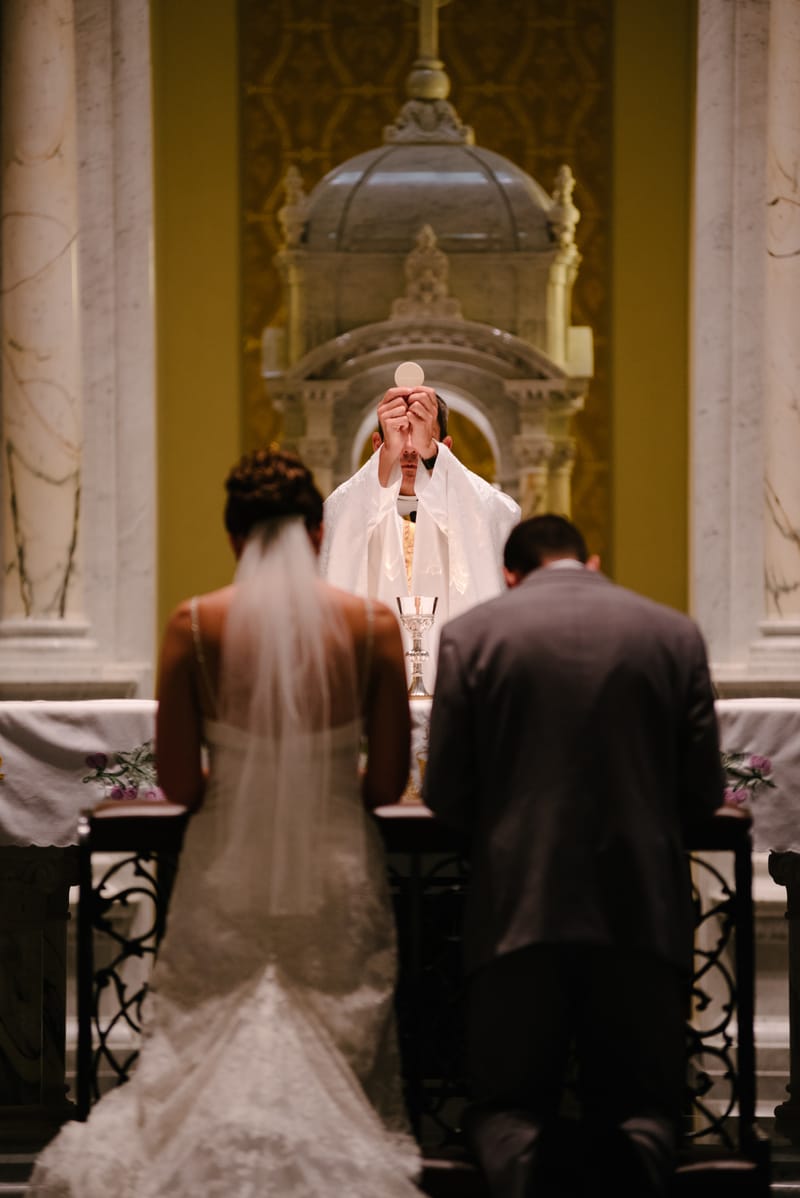Taxes for Ministers

Income as a minister is taxable, whether you're connected to a church or are an independent evangelist. However, whether you're considered an employee or self-employed does affect how the expenses related to that income are treated.
An ordained minister is generally an employee of the church or organization that employs him to provide ministerial services. The IRS sees some exceptions, however, in that traveling evangelists are independent contractors (and therefore self-employed).
Minister as Employee
Generally, the IRS says you are an employee if your church or other organization has the legal right to control both what you do and how you do it, even if you have considerable freedom of action. If you are employed by a congregation for a salary, you are generally a common-law employee of the congregation, and your salary is considered wages.
However, fees you may get for performing services – marriages, funerals and baptisms – are viewed as earnings from self-employment. Both the salary from the congregation and the fees for personal services are subject to self-employment tax.
Housing
As an ordained minister you may exclude housing expenses or a housing allowance from your income If a parsonage is furnished to you, you may exclude the fair rental value of it, including utilities, from your income. However, the amount that’s excluded can’t be more than the compensation for your services.
If a housing allowance is provided, your church or employing organization must officially designate the allowance as a housing allowance before paying it to you. The allowance may be excluded from your gross income to the extent that it’s used to pay your expenses of providing a home. Generally, those expenses include rent, mortgage interest, repairs and other expense directly related to providing a home. The exclusion can’t be more than what is reasonable compensation for your services as a minister.
You can still claim deductions for mortgage interest and property taxes if you own your own home. But if your housing allowance is more than your reasonable compensation, the fair rental value of the home, or your actual expenses, whichever is lowest, you’ll have to include the excess as income.
The fair rental value of a parsonage or the housing allowance is excludable only for income tax purposes. But the amount must be included if you pay self-employment tax.
Tax Office & Associates™ makes the ministerial calculations easy. Just provide parsonage, housing allowance or fair rental value received.
Opting Out of Social Security and Medicare
Ministers can request an exemption from self-employment tax for religious or conscientious reasons, but not economic ones. To make the request, fill out and mail Form 4361 – Application for Exemption from Self-Employment Tax for Use by Ministers, Members of Religious Orders and Christian Science Practitioners. You must file it by the due date of your tax return for the second tax year in which you have net self-employment earnings of at least $400.
For more information on ministerial income, check out IRS Publication 517 – Social Security and Other Information for Members of the Clergy and Religious Workers.


